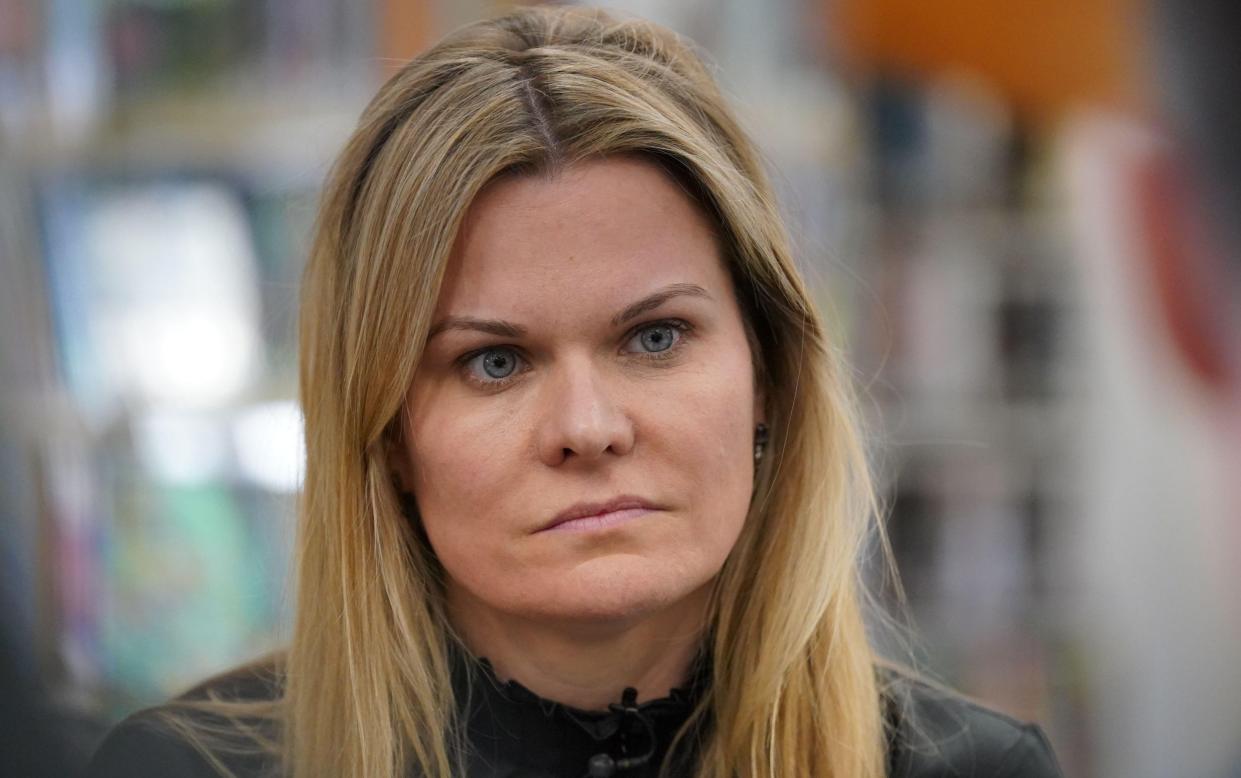Making sexually explicit ‘deepfakes’ to become illegal

- Oops!Something went wrong.Please try again later.
Making a sexually explicit “deepfake” image is to become a new criminal offence, with offenders facing unlimited fines.
The Ministry of Justice is to introduce an amendment to the Criminal Justice Bill so that anyone who makes such an image – even if they have no intent to share it – will be prosecuted and, if convicted, have a criminal record.
It closes a loophole after the Online Safety Act introduced an offence of sharing a “deepfake” image, which is punishable by up to two years in jail, but did not criminalise the making of such images.
It means that anyone who makes and shares such images could be prosecuted for two offences, increasing the sentence they could face.
‘Immoral and misogynistic’
Laura Farris, the Minister for Victims and Safeguarding, said: “The creation of deepfake sexual images is despicable and completely unacceptable irrespective of whether the image is shared.
“It is another example of ways in which certain people seek to degrade and dehumanise others – especially women. And it has the capacity to cause catastrophic consequences if the material is shared more widely. This Government will not tolerate it.
“This new offence sends a crystal clear message that making this material is immoral, often misogynistic, and a crime.”
The offence will mean that anyone who creates a sexually explicit deepfake will be committing a criminal offence, even if they have no intent to share it and just want to cause alarm, humiliation or distress to the victim.
It follows the criminalising of upskirting, where offenders face up to a year in jail. This criminalises intentionally taking or recording an intimate image without consent and with intent to cause alarm, distress or humiliation, or for the purpose of sexual gratification.
‘Malicious individuals’
Cally Jane Beech, the former Love Island contestant who was a victim of deepfake pornography, said: “This new offence is a huge step in further strengthening of the laws around deepfakes to better protect women.
“What I endured went beyond embarrassment or inconvenience. Too many women continue to have their privacy, dignity, and identity compromised by malicious individuals in this way and it has to stop.
“People who do this need to be held accountable.”

